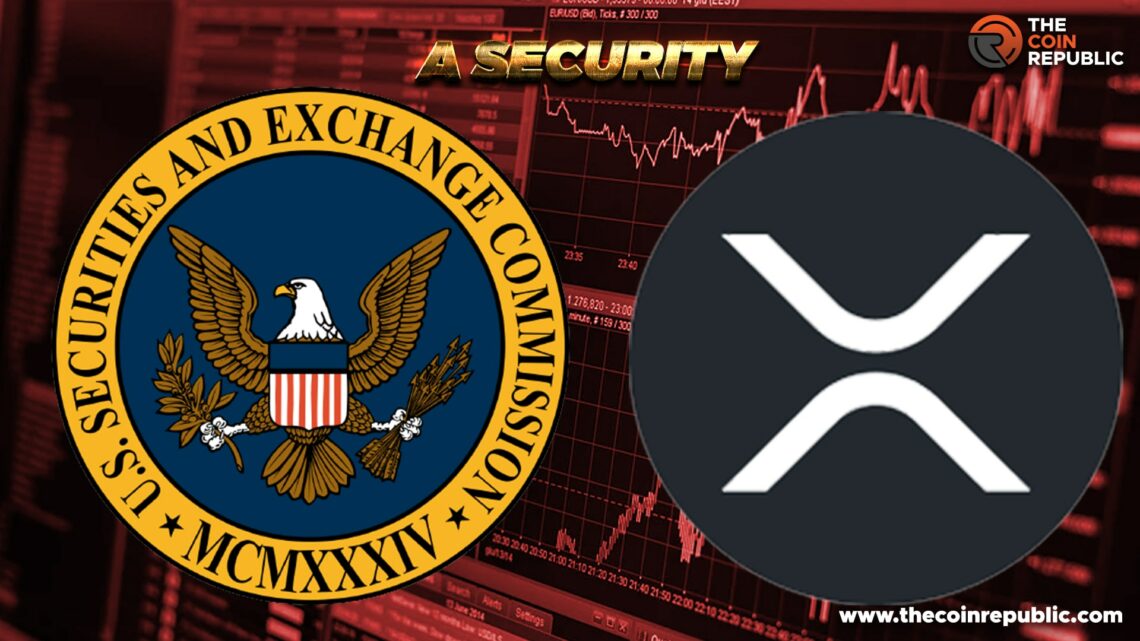If you haven’t read the previous episode of this series, read it prior to reading this for a better understanding.
- Ripple argues that the SEC allows other cryptocurrencies to trade like commodities.
- XRP faces multiple business problems after the lawsuit was filed, including XRP being removed from over 50 exchange platforms.
- The judge involved in the lawsuit understands that this is not just about Ripple but also the crypto industry, and thus, the lawsuit might conclude next year.
The Argument
When the U.S. Securities and Commission Exchange sued Ripple, in December 2020, Ripple was utilizing XRP to fuel its business of cross-border transactions, nothing new ever since it was founded in 2012. Ripple was shocked by the lawsuit filed against it and the lawsuit even created more confusion in the community about whether the cryptocurrencies should be treated as commodities or securities or something different. If cryptocurrencies are considered securities, then every single cryptocurrency has to have the approval of the SEC and will be further regulated by the SEC only.
As per Ripple, it believes that XRP is not a security and so it needs a green light from the SEC. Ripple also said that the blockchain networks of other cryptocurrencies haven’t been asked to register themselves as security and the SEC allows cryptocurrencies like Bitcoin & Ethereum to trade like commodities.
The SEC, in response, explained that Ripple stands out from other cryptocurrencies, in this scenario, as Ripple constantly used XRP to fund its business and that shows investments being made in the company fundamentally. And so, it is not a commodity but security, thus, falling under SEC’s regulatory purview, in the light of the court precedent – The Howey Test.
Business Problems Faced by Ripple
- After the lawsuit was filed, going through courts has turned out to be deleterious for Ripple’s business.
- XRP was removed from over 50 exchange platforms, stalling of its domestic business was seen and now the company has to depend on the overseas markets for its returns.
- The fact that the lawsuit hasn’t ended yet, keeps XRP at high risk in the market.
Irrespective of all the business problems that Ripple is facing currently, it has been made clear by Ripple that, neither it will make a settlement with SEC nor it would back down.
Expectations of the Parties Involved
Gary Gensler, who runs the SEC, presented himself in front of the Senate Banking Committee a week ago and accepted that the SEC is expecting to increase its jurisdiction, by pursuing extra regulatory power from Congress, on the crypto industry.
The CEO of Ripple, Brad Garlinghouse, explained that since the judge is asking good questions, he believes that the judge understands that this wouldn’t be just about Ripple and can have wider consequences. He also expects that the lawsuit might conclude by next year.
Conclusion
A professor of Law at Case Western Reserve University, Anat Alon-Beck said that “the Ripple case is very important, especially when many scholars, including myself, are concerned about the fact that many innovations in this space are happening outside the U.S, where companies and their founders are concerned about regulations. There is a clear lack of regulatory clarity.” Further details will be shared in our next episode of this series.

Nancy J. Allen is a crypto enthusiast, with a major in macroeconomics and minor in business statistics. She believes that cryptocurrencies inspire people to be their own banks, and step aside from traditional monetary exchange systems. She is also intrigued by blockchain technology and its functioning. She frequently researches, and posts content on the top altcoins, their theoretical working principles and technical price predictions.


 Home
Home News
News










